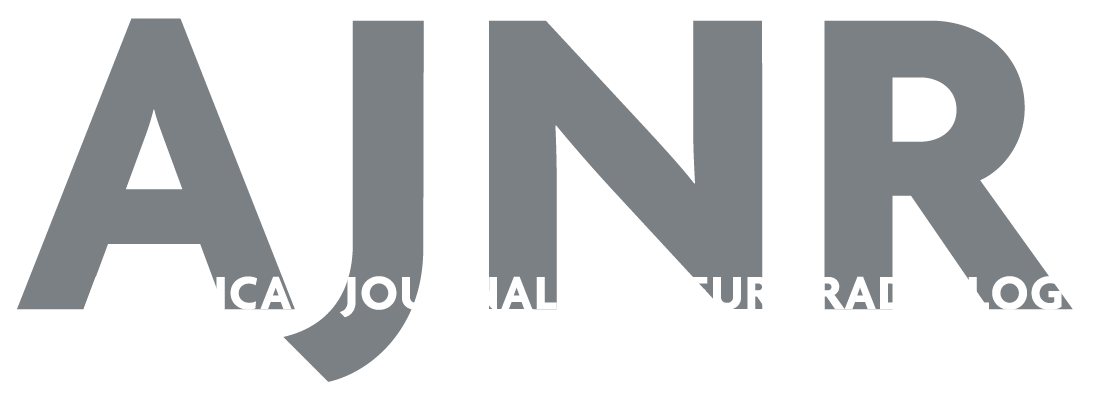Abstract
MR detection of hippocampal disease in epilepsy: factors influencing T2 relaxation time.
R A Grünewald, G D Jackson, A Connelly and J S Duncan
American Journal of Neuroradiology June 1994, 15 (6) 1149-1156;
R A Grünewald
Institute of Neurology, National Hospital for Neurology and Neurosurgery London, United Kingdom.
G D Jackson
Institute of Neurology, National Hospital for Neurology and Neurosurgery London, United Kingdom.
A Connelly
Institute of Neurology, National Hospital for Neurology and Neurosurgery London, United Kingdom.
J S Duncan
Institute of Neurology, National Hospital for Neurology and Neurosurgery London, United Kingdom.

Submit a Response to This Article
Jump to comment:
No eLetters have been published for this article.
In this issue
Advertisement
R A Grünewald, G D Jackson, A Connelly, J S Duncan
MR detection of hippocampal disease in epilepsy: factors influencing T2 relaxation time.
American Journal of Neuroradiology Jun 1994, 15 (6) 1149-1156;
Jump to section
Related Articles
- No related articles found.
Cited By...
- Surgical treatment of delayed epilepsy in hemiconvulsion-hemiplegia-epilepsy syndrome
- Whole-brain T2 mapping demonstrates occult abnormalities in focal epilepsy
- Structural abnormalities remote from the seizure focus: A study using T2 relaxometry at 3 T
- Measurement of amygdala T2 relaxation time in temporal lobe epilepsy
- Hippocampal pathology in refractory temporal lobe epilepsy: T2-weighted signal change reflects dentate gliosis
- A magnetic resonance study of complicated early childhood convulsion
- Quantitative magnetic resonance characterization of mesial temporal sclerosis in childhood
- Regional changes in hippocampal T2 relaxation and volume: a quantitative magnetic resonance imaging study of hippocampal sclerosis
This article has not yet been cited by articles in journals that are participating in Crossref Cited-by Linking.
Similar Articles
Advertisement










